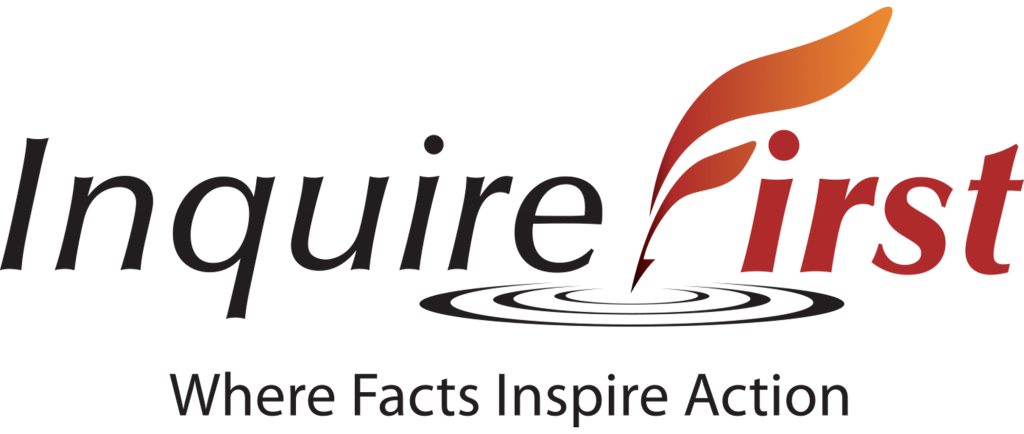Uncategorized
Mexican science journalists Pablo Mares and Sergio Vicke awarded InquireFirst scholarships to attend WCSJ2019
Mexican science journalists Pablo Mares and Sergio Vicke awarded InquireFirst scholarships to attend WCSJ2019
We’re excited to announce that InquireFirst is providing full fellowships to Mexican science journalists Pablo Mares and Sergio Vicke to attend the 2019 Latin American Edition of the Jack F. Ealy Science Journalism Workshop and the World Conference of Science Journalists which will take place July 1-5 in Lausanne, Switzerland.
 Pablo is the founder of CientificoDigital.mx, which focuses on science, health and environmental coverage. He writes for the online environmental website Mongabay.com and for the health website Medscape.com. He is also a member of the Earth Journalism Network.
Pablo is the founder of CientificoDigital.mx, which focuses on science, health and environmental coverage. He writes for the online environmental website Mongabay.com and for the health website Medscape.com. He is also a member of the Earth Journalism Network.
He has participated in the International Union for Conservation of Nature in Hawaii, in the Conference of Parties 13 (COP13) on Biodiversity in Cancun, as well as a journalism workshop in Costa Rica organized by LatinClima and the Stanley Foundation on the transition to carbon neutral.
Science Journalism enters a ‘Golden Age’


Science Journalism enters a ‘Golden Age’
PALO ALTO, Calif. – As traditional journalism struggles with challenges posed by instant and sometimes inaccurate reporting via the internet, science journalism has entered a “Golden Age,” said Thomas Hayden, Stanford University professor of science and environmental communication and journalism, during the opening session of the Jack F. Ealy Science Journalism Workshop.
“With the rise of online science journalism, the old feelings of comfort and caution are gone,” Hayden said. “There’s a hunger there and that desperation has helped build a community in science journalism.”
In sharp contrast to traditional science reporting which often focused on the scientific “paper of the week,” today’s science journalism is explanation-driven, Hayden said.
“There were real restrictions and real problems with the old way of science journalism,” Hayden said. “Now, something remarkable has happened. The field as a whole has become much more serious. Science journalists are increasingly acting as investigative journalists. Today, as a result, we find ourselves in an unexpected but most robust development.”

Hayden made his remarks during the July 17-21, 2018, workshop organized by InquireFirst and Fundacion Ealy Ortiz at Stanford University and in San Francisco.
In today’s media environment, much of the science journalism in the U.S. and Latin America is taking place at nonprofit organizations, “all of which are extremely high quality and adventuresome.”
“The health of the field of journalism has never been better,” Hayden said. “But the health of individual journalism organizations is tenuous. We have great quality contrasted against the precarious nature of the industry.”
Science journalism programs at universities such as Stanford University and the University of California, Santa Cruz, can be part of the solution, Hayden said.
“We have to throw the doors to journalism wide open – to all cultures, to all backgrounds, to all genders, to all races,” he said. “Journalism at its heart is democracy in action. It’s one of the ways that citizens can actually make a difference in their country.
Science journalists also have to collaborate.
“We can’t invent the future of journalism on our own,” Hayden said. “It takes a lot of partnerships to find our way home to a strong science journalism future.”
Andrew Revkin, strategic adviser for science and environmental journalism at The National Geographic Society, called for more collaboration among the region’s science journalists and among organizations such as InquireFirst, International Journalist’s Network and EarthJournalism.net that support science journalism.
During the final day of the workshop held at the Mexican Consulate in San Francisco, Lynne Friedmann, editor of ScienceWriters magazine, encouraged science writers to be persistent in reporting thorough, in-depth stories.
Friedmann outlined three essential elements for science writing: creativity, risk and sacrifice.



